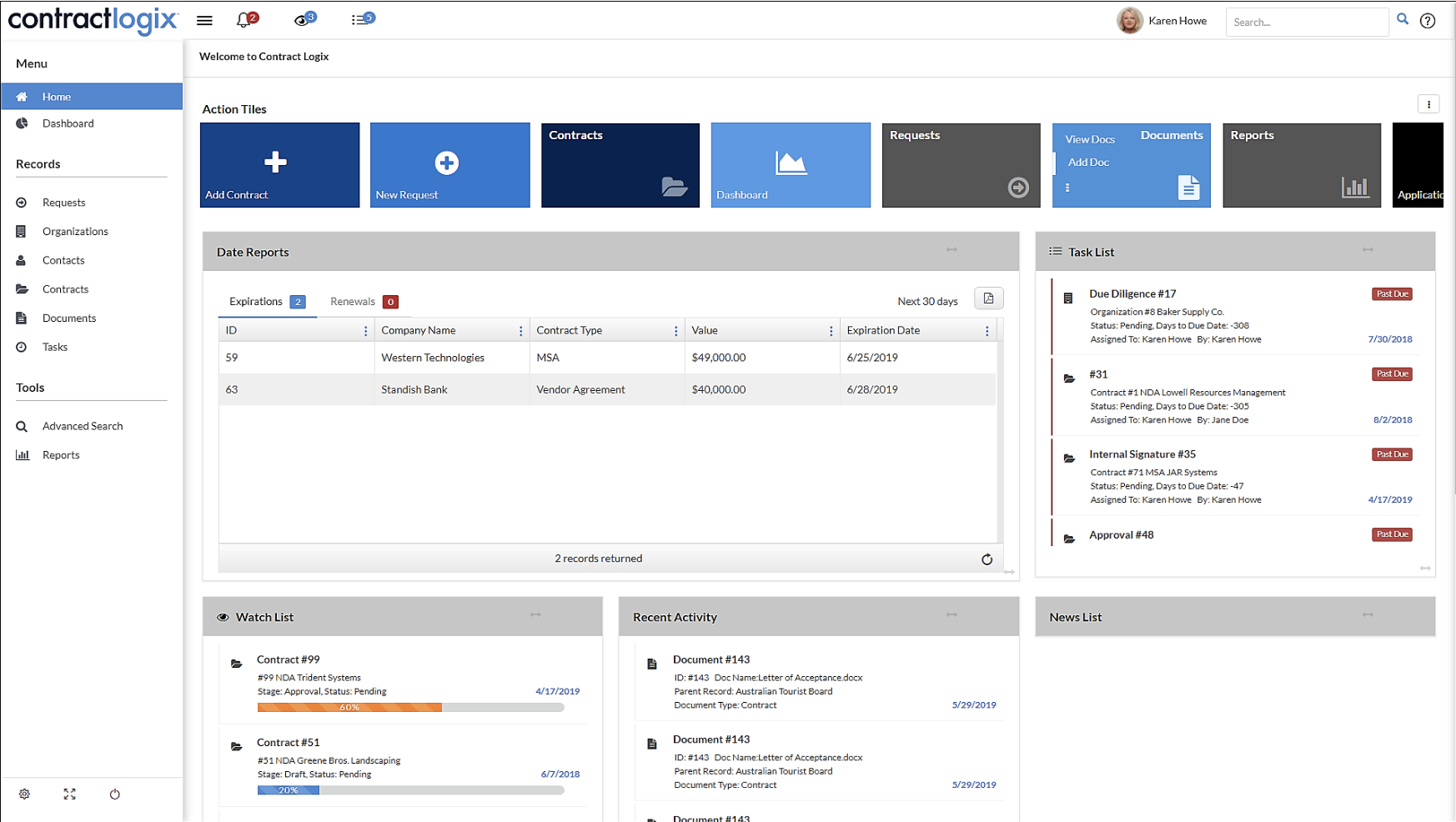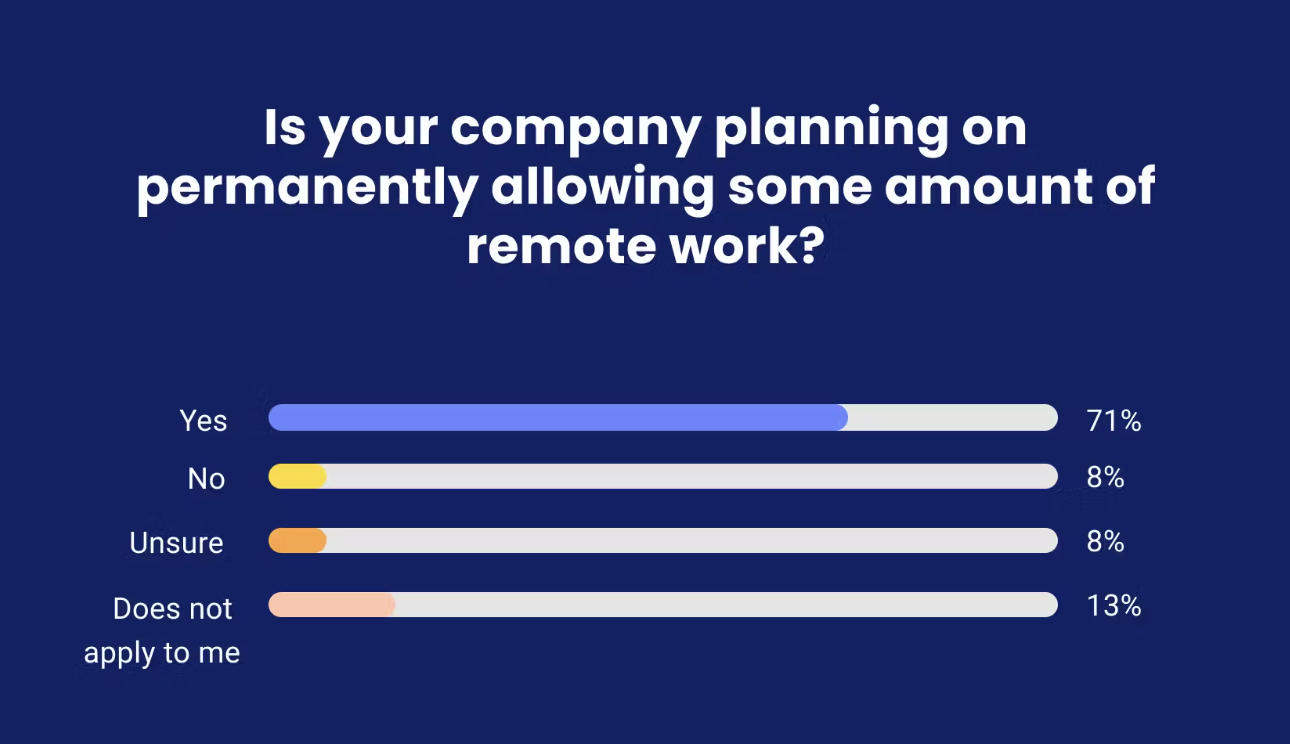How to Create Enforceable and Effective Remote Contracts
June 14th, 2023
In today’s remote-enabled digital work environment, effective remote contract management is increasingly important. Contract risks – whether for goods, services, or partnerships – affect businesses in all industries. With remote work gaining a permanent hold in the workforce, businesses must navigate the challenges of creating enforceable and effective contracts through digital processes.
The shift to digital and remote processes has brought unanticipated challenges in contract management. Businesses have experienced an uptick in human resources issues – with employees exercising less professional caution in remote communications. Legal complications have also emerged from differences in state laws when contract parties reside in different jurisdictions.
This guide provides practical steps to mitigate these risks and help teams manage contracts efficiently and securely, no matter the location of involved parties.
Key Takeaways
- In an increasingly digital work environment, businesses must adapt processes like contract management for remote execution. This is especially important when contract parties are located in different states or countries.
- With the right processes and technologies, businesses can manage remote contracts effectively and ensure thorough enforcement.
- Tools like contract management software automate many time-consuming remote contract tasks and can jumpstart the development of efficient remote contracting processes in businesses.
😉 Bonus: Check out our Ultimate Guide to Minimizing Risk with Effective Contract Management
Follow these five steps to ensure effective remote contract management in your organization.
1. Promote Effective Communication
Communication plays a vital role in any business relationship, including remote contract management. Among office employees, 97% report that regular communication improves task efficacy.
Ensure clear, comprehensive, and timely communication to keep all parties informed and engaged. This can include regular updates on task progress, sharing essential documents, and promptly discussing any potential issues. Use digital tools that facilitate real-time communication and document sharing to enhance your employees’ communication skills.
2. Clearly Define Roles and Responsibilities
Defining roles and responsibilities in your contract management processes helps to minimize misunderstandings and conflicts. Organizational clarity also saves your team time and resources. Make sure to clearly articulate each party’s tasks, duties, and expectations in contract processes. Well-defined roles encourage accountability and help each party understand their responsibilities.
3. Automate Tasks with Contract Management Software
Contract lifecycle management (CLM) software or automates contract processes and streamlines workflows, significantly accelerating negotiation cycles and reducing inaccurate payments.
Recent studies predict that automating the process of contract management can accelerate negotiation cycles by up to 50% and reduce inaccurate payments by as much as 75% to 90%. Streamlining contract processes with a comprehensive CLM platform not only ensures a smoother and more efficient contract process but significantly minimizes costly errors as well.

CLM automation also saves time and boosts operational efficiency. It eliminates tedious, time-consuming manual contract management prone to human error.
With an effective CLM, businesses can:
- Automatically track contract timelines
- Manage obligations by party
- Receive alerts for critical dates
- Reduce the risk of missed deadlines and non-compliance
Additionally, contract management software allows for better visibility and control over contracts, improving compliance and risk management. With a central, secure repository for all contracts, CLM makes it easier for organizations to track, search, and retrieve contracts and related documents. This significantly improves decision-making processes and strategic planning.
4. Leverage the Benefits of Remote Work

Image Source: https://buffer.com/state-of-remote-work/2023
The percentage of people primarily working from home tripled to 17.9% in 2021 (from 5.9% in 2019), with many employees reporting increased productivity and fewer distractions from co-workers. Given these benefits, 71% of businesses have made remote roles permanent or plan to do so. Incorporate these advantages into your contract management processes and provide provisions that support flexible work arrangements.
Embracing remote or hybrid work as an operating model – not simply a temporary fix – can sometimes increase employee satisfaction and attract top talent. Among surveyed remote workers, 91% report higher job satisfaction, and remote or semi-remote working arrangements now make up the third most common reason business professionals seek new employment.
5. Adapt Contract Management Processes to Local Laws and Multiple Legal Jurisdictions
One of the most complex challenges businesses face in adapting to remote work is accommodating multiple legal jurisdictions. If you have remote employees across various states or countries, you must navigate many state, local, and international laws.
These laws cover a wide range of employment-related issues, from wage rules and overtime laws to leave requirements and pay transparency laws. Applicable laws and regulations may vary significantly from one jurisdiction to another, creating potential minefields for businesses with remote employees.
In 2023, as more businesses opt for distributed workforces, failing to comply with local employment laws and other applicable regulations increasingly results in severe consequences, including financial penalties and legal disputes. Therefore, staying abreast of the various laws and regulations in each jurisdiction where you have remote employees is crucial.
If necessary, hire legal counsel or a compliance expert well-versed in the employment laws of the various jurisdictions where you have employees and contract parties. These professionals can help you understand the intricacies of each jurisdiction’s laws, enabling you to create compliant and enforceable contracts.
Also, consider incorporating contract clauses that stipulate the governing law and jurisdiction in case of a dispute. CMS platforms can assist in this process, allowing organizations to build libraries of legally approved languages and clauses, indexed by location and compliance requirements.
Effective Remote Contract Management with Contract Logix
Contract Logix’s CLM platform simplifies the complexities of remote contracts, helps ensure compliance, and reduces risks. Don’t let distance hinder contract performance as your business grows. With advanced automation capabilities for contract management tasks and contract workflows, Contract Logix enables effective contracting in all work environments.
Schedule a demo today to get started.
Looking for more contract management insights? Check out our latest blog post on “Why Venture Capital Firms Should Require Portfolio Companies to Use Contract Management Software“.
Accelerate Your Digital Transformation With Contract Logix
Download our Data Extraction Product Brief to learn how you can automate the hard work using artificial intelligence


